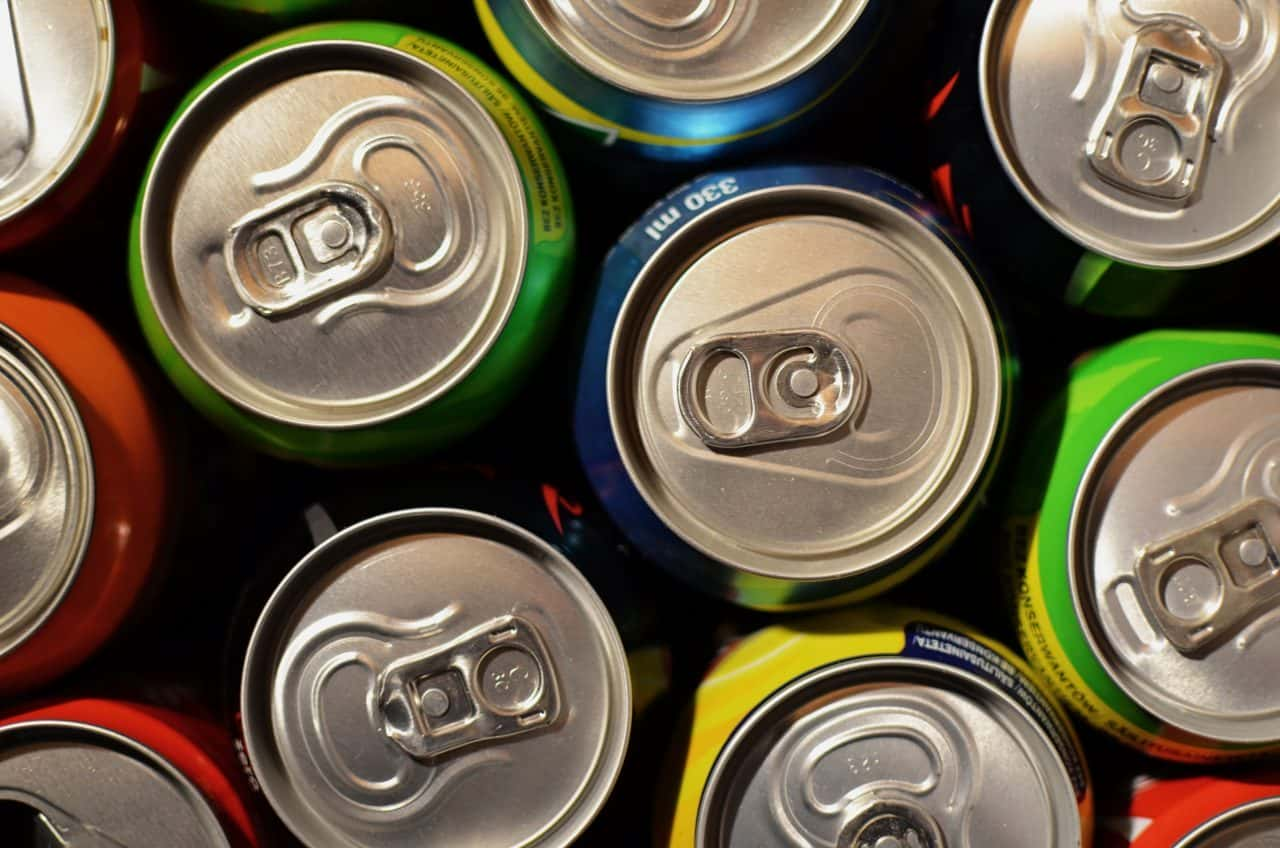The discussion, hosted by the Corporate Accountability and Public Participation Africa (CAPPA) in collaboration with the Global Health Advocacy Incubator (GHAI), highlighted the concerning surge in obesity, diabetes, cardiovascular problems, cancer, and other non-communicable diseases due to excessive sugar-sweetened beverages intake.

Health advocates from the South-East region of Nigeria are urging for a 20% tax on sugar-sweetened beverages to counter the escalating sugar consumption levels among Nigerians
CAPPA, a pan-African organization dedicated to safeguarding people’s rights through collective social action, facilitated the meeting in Enugu. While the stakeholders commended the government’s introduction of an N10 per liter excise duty on sugar-sweetened beverages, they emphasized the necessity to align this with the World Health Organization’s (WHO) recommendation of a 20% tax based on the final retail price of sugar-sweetened beverages products.
The stakeholders emphasized that the Nigerian government should not yield to the interests of profit-driven entities that disregard public health. They urged a firm commitment to tackling non-communicable diseases by implementing consumption taxes, reinforcing healthcare investments, and fostering cooperation with relevant stakeholders to formulate effective public health strategies.
The group asserted that raising taxation on sugar-sweetened beverages by 20% would not only discourage their consumption but also align with WHO guidelines
These beverages, lacking nutritional value, were flagged as a substantial public health and economic burden. The stakeholders advocated for sustained collaboration between federal and state governments to heighten awareness about the perils of sugar-sweetened beverages consumption and the benefits of the proposed tax policy. Furthermore, they underscored the importance of involving educational institutions, civil societies, the media, and healthcare providers in the anti-sugar-sweetened beverages campaign.
The stakeholders also called for expanded taxation to encompass currently untaxed sugar-sweetened beverages, suggesting the need for national legislation promoting health-oriented taxes. Encouraging the growth of healthier alternatives and supporting local fruit farmers were among the proposed strategies to tackle the issue.
In the endeavor to foster a healthier populace, parents were advised to be mindful of their children’s consumption habits and to avoid products rich in excessive sugar content.
READ ALSO: New Jersey Lottery To Sell Online Tickets, Sparks Debate Among Retailers




